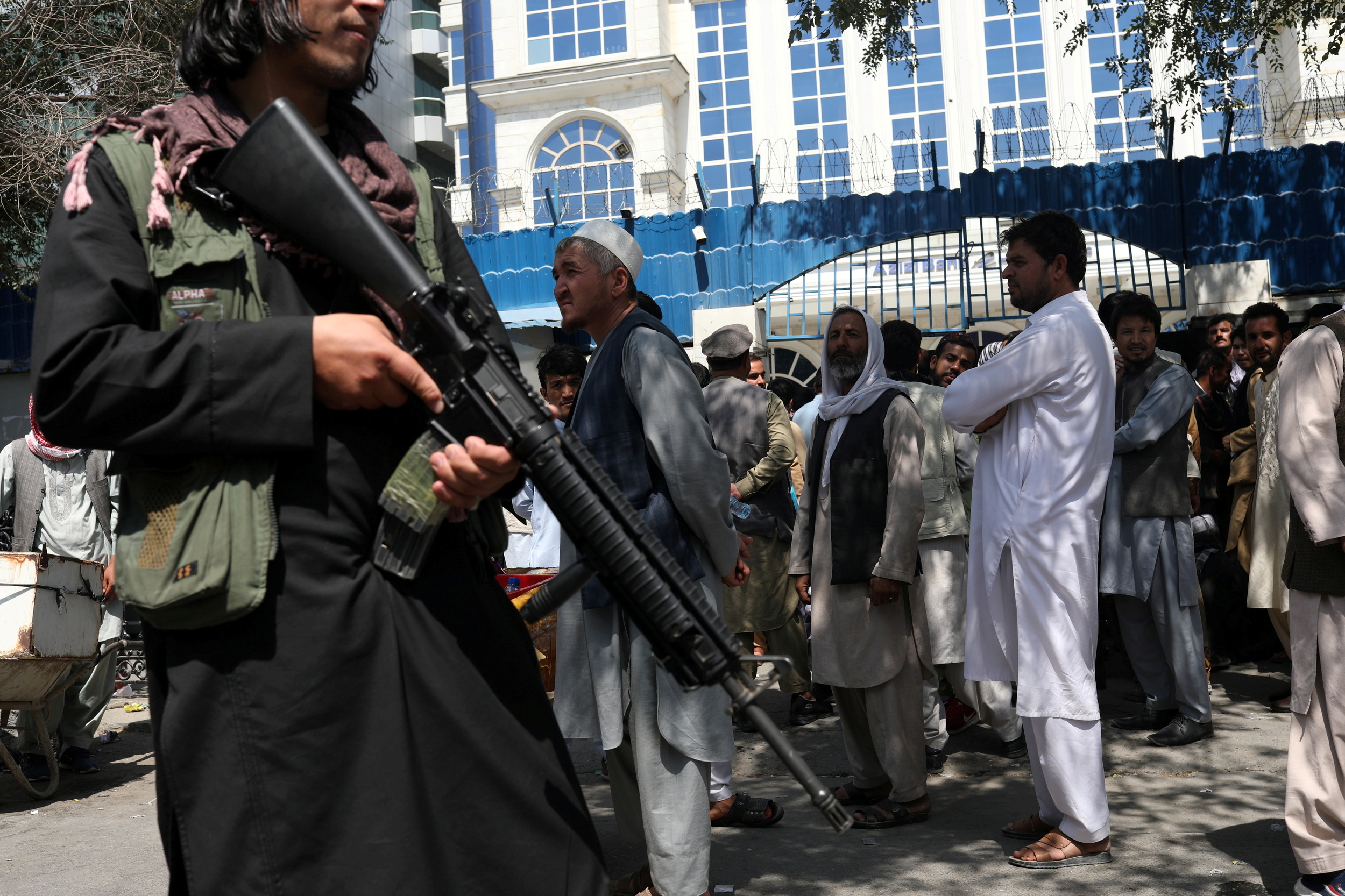
Willie R. Tubbs, FISM News
[elfsight_social_share_buttons id=”1″]
When the Taliban resumed control of Afghanistan, it did so under the guise of being a newer, gentler version of itself. In recent days, more evidence has emerged indicating the reality is less rosy.
Since Saturday, the Taliban has displayed dead bodies in public and restricted women’s access to education and work as the international community grapples with how to respond.
Over the weekend, the Associated Press reported the Taliban had hanged a four bodies across the city of Herat. Taliban officials said the four men were caught attempting to kidnap a father and son and had been killed in a shootout with police.
“The aim of this action is to alert all criminals that they are not safe,” a Taliban commander told the AP.
The Taliban was well known for public discipline in its first reign, often conducting corporal punishment and executions in stadiums. This practice has not returned, but recent comments from a Taliban leader indicate, at minimum, the Taliban has no regrets.
“Everyone criticized us for the punishments in the stadium, but we have never said anything about their laws and their punishments,” Taliban Mullah Nooruddin Turabi told the Associated Press on Sept. 23. “No one will tell us what our laws should be. We will follow Islam and we will make our laws on the Quran.”
Women have long suffered most acutely under Taliban rule, and stories that emerged Monday and Tuesday suggest these problems will persist.
Monday, the New York Times reported the Taliban had banned women from Kabul University, and quoted a tweet from Kabul University chancellor Mohammed Ashraf Ghairat that reads, “I give you my words as chancellor of Kabul University. As long as a real Islamic environment is not provided for all, women will not be allowed to come to universities or work. Islam first.”
Tuesday morning, Ghairat accused the Times of misunderstanding his meaning.
“I haven’t said that we will never allow women to attend universities or go to work,” Ghairat’s tweeted, “I meant that until we create an Islamic environment, women will have to stay at home. We work hard to creat(e) safe Islamic environment soon.”
The BBC reported Monday that Afghan women who had been judges are now being hunted by the men they convicted for murder, which the Taliban facilitated by concurrently removing the women from their positions and releasing thousands of prisoners.
As reported in the Bangkok Post, the Taliban has announced it is reintroducing a democratic constitution to Afghanistan, but that any elements deemed in opposition to sharia law will be removed.
Tuesday, the government of the Islamic Republic of Afghanistan – not to be confused with the Islamic Emirate of Afghanistan, how the Taliban refers to itself – released a statement begging for more international intervention:
The Islamic Republic of Afghanistan, once again, calls for additional pressure on the Taliban and their regional supporters to bring about a conducive environment for lasting peace and stability in the country.”
While calls for intervention have grown louder, the problem facing the international community is, absent armed conflict, there are few diplomatic pressures to be applied.
However, the United Nations has not yet approved or rejected the Taliban’s request, which could be used to garner improved conditions for Afghans.
Voice of America reported last week that Secretary of State Antony Blinken viewed a unified international pressure as the best way forward, saying, “I think there is very strong unity of approach and unity of purpose… again, the Taliban says that it seeks legitimacy, that it seeks support from the international community; the relationship that it has with the international community is going to be defined by the actions it takes. That’s what we’re looking for.”
The other option, although it might ring cruel to the Afghan people, is withholding foreign aid.
Last week, the AP reported that a collection of high-level U.N. officials said aid to Afghanistan should be contingent upon the proper treatment of women. But rhetorical strategies have proven hollow.
While the Biden Administration has decried the Taliban’s brutality, the more pressing concern for the U.S. has been Americans still in Afghanistan.
As of this writing, the president had not addressed the most recent Taliban actions directly.
